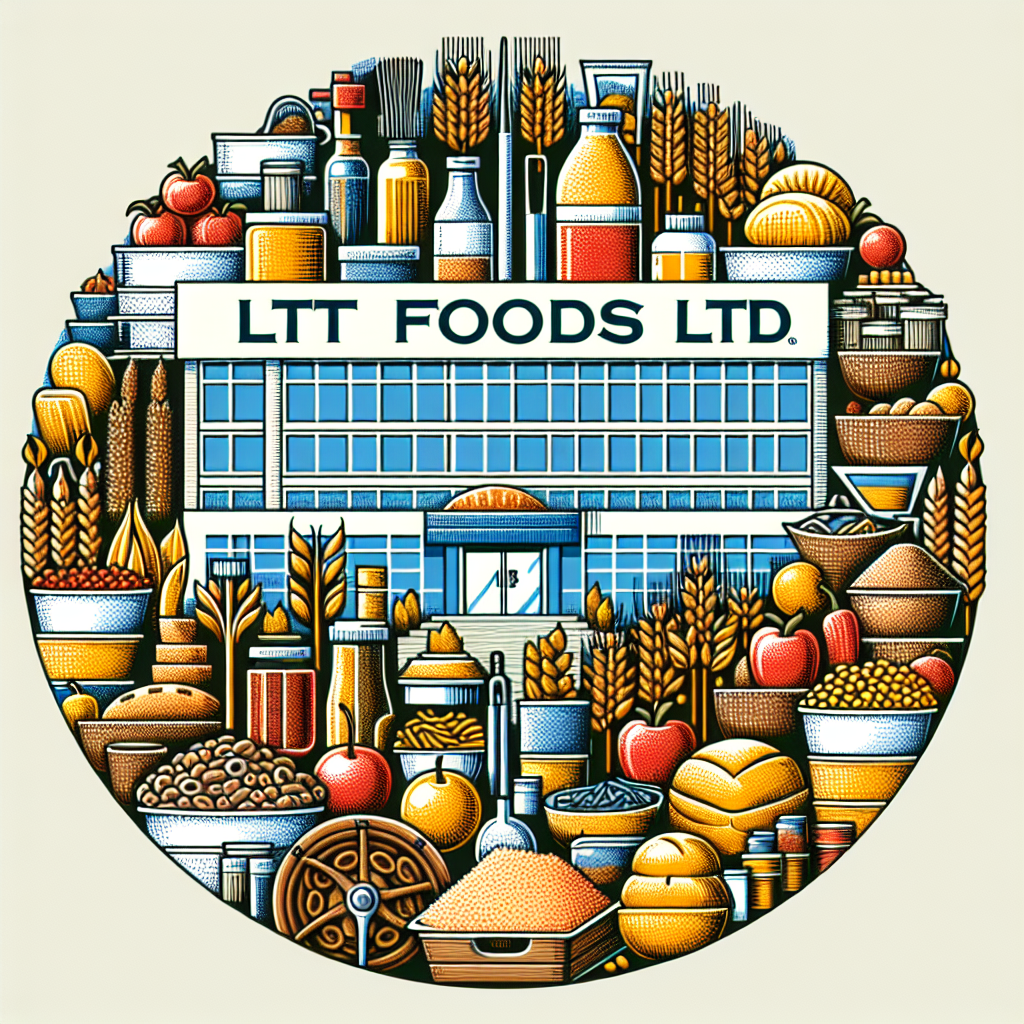Debunking Food Myths: Shaping Sustainable Consumption
The article explores common misconceptions about eco-friendly food choices. It highlights the complexities of determining the environmental impact of food production and transportation. By addressing myths about meat, organic and local produce, and natural foods, it emphasizes the importance of informed consumer choices for a sustainable future.

- Country:
- Singapore
Organic beef, GMO-free, and 100 per cent natural products are designed to catch the eye of eco-conscious consumers, although their impact on environmental sustainability can often be overstated.
Understanding a food product's true environmental footprint is complex, involving its resource consumption, greenhouse gas emissions, and impact on biodiversity. Despite this, clear guidelines exist for a diet that benefits both human health and the planet, focused on a plant-based regime.
Challenging misconceptions such as the exaggerated eco-footprint of meat and the assumption that all organic and local produce is sustainable can lead to more eco-friendly consumption. Adopting plant-based diets can dramatically reduce greenhouse gas emissions, highlighting the need for informed choices in confronting food myths.
(With inputs from agencies.)










